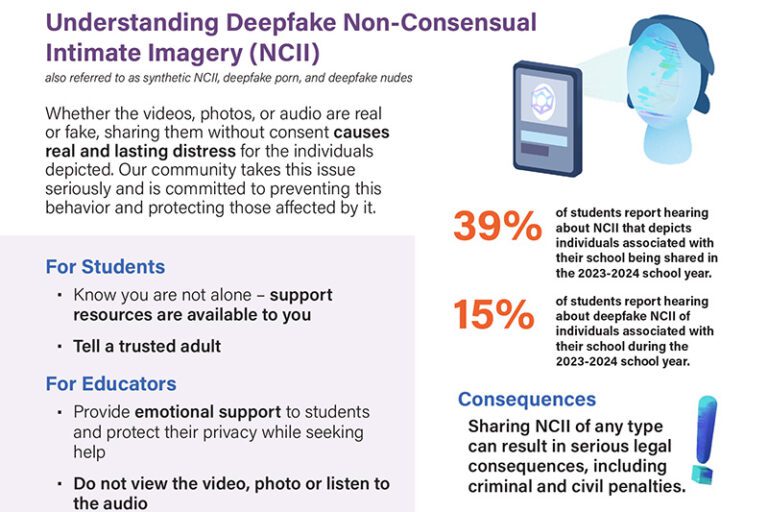California has over 11,000 schools marshaled into 1,000 districts. All of them need leaders with the vision and drive to propel them into a rapidly changing future. Of the nearly 300,000 public school teachers serving the state’s students, many are well on their way toward becoming administrators—whether they know it or not.
“Sometimes it just kind of happens,” said Sandra Miller, lead consultant and presenter for the Aspiring California Educators (ACE) test preparation program. “They get on this committee; they get on that committee. Their principal asks them for help.” Before they know it, they’re just a certification exam away from becoming school site leaders.
The California Preliminary Administrative Credential Examination (CPACE) provides a pathway for teachers to transition into leadership—but it’s far from an easy one. Nearly seven in 10 candidates end up taking the exam more than once before earning their certification.
So how do you know if you’re ready? Since the test was designed to measure not just your knowledge but also your ability to put it into practice, the most successful candidates are already performing leadership duties in some capacity, said Miller, whose workshop helps prepare educators to pass the CPACE.
Here are 5 questions to ask yourself before taking the CPACE and becoming an administrator:
1. Are you reaching beyond the classroom?
One of the biggest challenges many educators face when transitioning to leadership is learning to expand their awareness beyond the classroom to encompass the entire school community. Teachers who are ready for this change have most likely already been doing that by taking on larger leadership roles within the school.
“They should have experience beyond just the classroom—whether it’s coaching, serving as department chair, activities coordination and planning, providing training or coaching for other teachers, serving on various parent or district committees, or working directly in a leadership role such as a teacher on special assignment,” said Christina Hochleitner, co-presenter for the ACE test prep workshop.
2. Are you making an impact?
Good teachers make a difference. And when they do, it’s often not long before they start yearning to make even more of a difference. Becoming a principal allows educators to instigate change at a higher level.
“Educators who are making a great impact in their current position typically start to feel as if they are ready to have that impact on a larger circle,” Hochleitner said. “When educators begin to take on additional roles, participate in committees and work collaboratively with their fellow teachers as a leader, they are ready for the next step.”
3. Are you leading the school improvement charge?
School improvement and instructional leadership are two of the most critical skills for school principals, who must ensure a quality instructional program for students with wildly divergent needs. They’re also the top two topics addressed on the CPACE, Miller said.
“Good teaching is at the center of successful schools, and the practices and beliefs of principals related to instruction determine their success as instructional leaders… Knowledge about teaching, instructional leadership, organizational management, and the change process is central to a successful principalship,”
said Mary F. Borba, assistant professor in the Department of Teacher Education at California State University, Stanislaus.
If you’re serving on school improvement committees or taking on instructional leadership roles within your school, you most likely have the practical experience needed to apply the concepts of instructional and school improvement leadership to exam questions on the CPACE.
4. Do you have a vision?
Principals need to have a strong vision for what a school could look like. Nationally acclaimed business consultant Robert Fritz believes organizations advance when “a clear, widely understood vision creates tension between the real and the ideal, pushing people to work together to reduce the gap,” says Education World.
That’s why visionary leadership is another of the six primary content areas covered on the CPACE. If you’ve got a vision for a better school—and have been working to make it a reality—you’re probably already familiar with many of the concepts in the exam.
5. Does your principal lean on you?
“Almost all administrators became administrators because somebody (usually their principal) said: You have good leadership qualities. Would you consider being a principal?” Miller said.
Even if your principal doesn’t say it outright, there may be other signs. If your principal frequently asks for your help or input, or if you’re often singled out to lead committees, there’s a good chance you have what it takes to become a school leader.
If you’ve exhibited any or all of these signs, it might be time to take the CPACE—and the next step in your career.




































This article address the issue of “Are you ready to begin the path to school leadership?” Are you ready to take the CPACE would be things like, how familiar are you with the CSTPs, how much do you know about Annually Yearly Plans, things that actually matter when taking the exam.